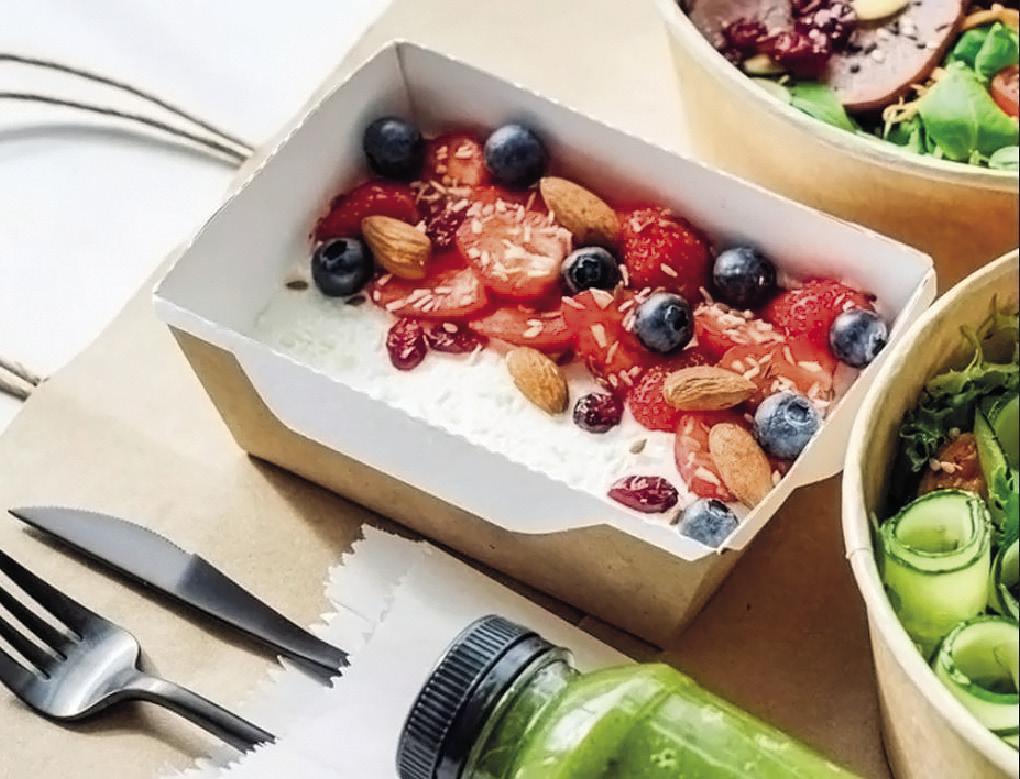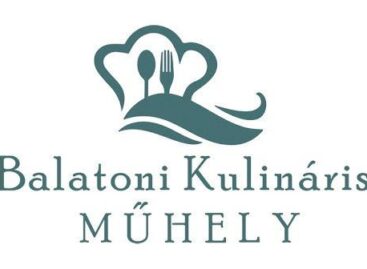Single-use cups: half empty, half full
This article is available for reading in Trade magazin 2023/5

Tibor Sebestyén
CEO
ÖKOSYS Zrt.
At the end of last year, market players weren’t sure whether the law allowed them to postpone the phasing out of single-use plastic cups, and this made it difficult for them to work out business plans for 2023 – informed Tibor Sebestyén, the CEO of Ökosys Zrt. Finally on 30 December 2022 the amendments to the relevant act were published, and it became clear that a 1.5-year delay is given to the sector in this respect.
Ökosys Zrt.’s experience is that the proportion of single-use food and drink containers is growing, and the spreading of green products is slowing down. The CEO is of the opinion that the environmental impact of different materials can only be specified by analysing the product’s full life cycle.
Convenience vs. environment

Gábor Győrvári
CEO
Indepack Magyarország
According to Gábor Győrvári, founder and CEO Indepack Kft., new products keep entering the market, but otherwise the company sees no significant change. They test every new sugar cane, bamboo, wheat straw, biomass and plant starch packaging before adding it to the portfolio. Indepack’s partners are pizzerias, snack bars, mass catering companies and confectioneries.

Csaba Kötél
owner
Ecocatering
Csaba Kötél, owner of Ecocatering told our magazine that two opposing trends are characteristic of the Hungarian market in 2023: consumers show interest in eco-friendly solutions because they feel they are responsible for the fate of the planet, but at the same time they have got very much used to convenience, and they don’t really want to give up comfort. Biodegradable and compostable containers made from sugar cane, palm leaves and plant-based (bio)plastics offer a solution to this problem.
bor Sebestyén explained that the products they sell are suitable for serving and transporting all kinds of food. For instance the catering partners of Sziget Festival could very easily find the products they needed in the Ökosys portfolio. The CEO added that those who think the phasing out of single-use plastics will solve every problem don’t see the social contradictions behind the environmental challenges.
Gábor Győrvári informed that the market of single-use packaging is very cautious at the moment. Prices increased in the hospitality sector, the overhead costs grew and the number of guests dropped. Bars and restaurants order smaller quantities but more often. Still, the number of HoReCa units using eco-friendly food and drink containers is growing year after year.
Csaba Kötél told our magazine that degradable packaging solutions became available more widely in the last few years, as a reaction to consumer demand and the new regulations. This also means that the category became diluted: more and more companies are selling degradable food and drink packaging, and there has been a differentiation process taking place in the product offering, according to quality, price and place of origin. There is no problem with this, as the user needs are also different at a music festival than in restaurant. //
Packaging material of the near future
French start-up Cilkoa has recently introduced a method for fully eliminating plastics from packaging materials. By using a technology called atomic layer disposition (ALD) – this is a thin film deposition technique like the ones used by microlectronics companies – Cilkoa has developed a ceramic film that protects food from oxygen and water vapour. This transparent, ultra-thin material is made of alumina and it is completely plastic-free. Paper, cardboard or moulded fibre packaging treated this way is up to 99.9% cellulose, which is recyclable, compostable and biodegradable.

The transparent, ultra thin, plastic-free layer keeps away air and humidity
//
Related news
Payment of Agro-ecological Program subsidies is progressing well
Payment of Agro-ecological Program subsidies is progressing well, 91 percent…
Read more >AM: significant support helps restore the natural water balance of the Dévaványa-Ecseg puszta
A significant part of the Körös-Maros National Park is a…
Read more >Sziget at rock bottom: festival company loses money for second year in a row
Sziget Cultural Management Office Ltd., the organizer of the Sziget…
Read more >Related news
A new level of gastronomy at Lake Balaton
The hospitality industry at Lake Balaton and vocational training are…
Read more >The SZÉP card remains stable – even if not at Lake Balaton
Although its popularity has decreased slightly, the SZÉP card is…
Read more >






